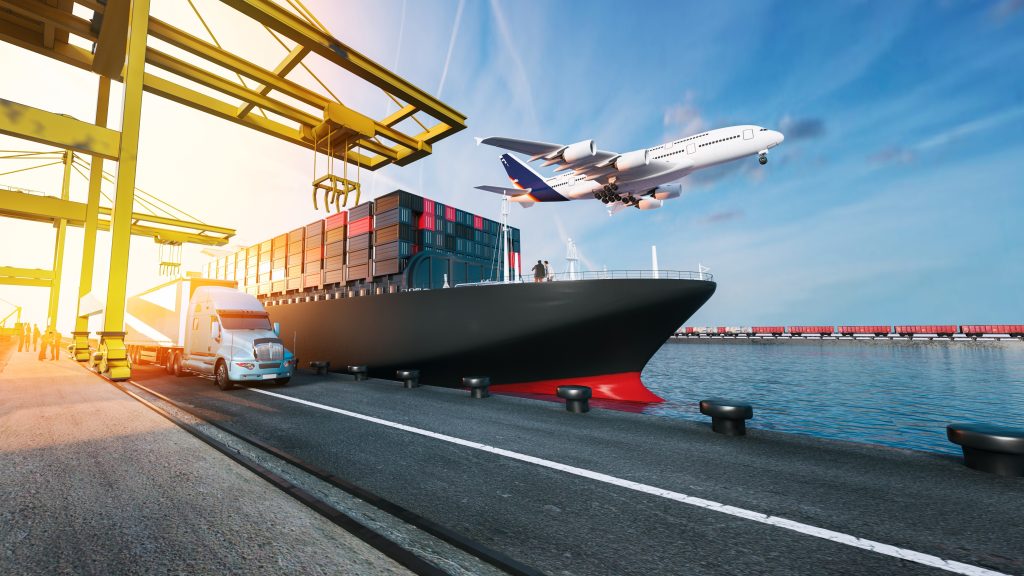In the dynamic landscape of modern retail, where customer expectations are higher than ever before, the efficiency of logistic services has emerged as a crucial factor in the industry’s evolution. With the rapid growth of e-commerce and the seamless integration of online and offline shopping experiences, the demand for streamlined, fast, and reliable logistics has become paramount. Logistic services play a pivotal role in shaping the overall retail experience. They encompass the intricate processes of inventory management, warehousing, order fulfillment, transportation, and delivery. In this highly competitive environment, where consumers anticipate swift deliveries and hassle-free returns, retail businesses must optimize their logistic operations to stay ahead. One of the key drivers behind the rising significance of logistics in retail is the paradigm shift towards e-commerce. Online shopping has transcended being just a trend, becoming an integral part of consumers’ lives. This transition has not only expanded the reach of retail businesses but has also imposed new challenges. Customers now expect their online orders to arrive as swiftly as if they had bought them in a brick-and-mortar store.

This demand for speed has prompted retailers to fine-tune their logistics, seeking innovative solutions like same-day delivery and even drone-based shipments. Moreover, the amalgamation of online and offline retail channels has given rise to the concept of omnichannel retailing. To meet these expectations, retailers must ensure that their logistic services synchronize inventory data across all platforms, preventing stock outs and providing accurate delivery timelines regardless of the shopping channel chosen by the customer. Efficient Logisticsbid services also significantly impact customer satisfaction and brand loyalty. A delayed delivery or a botched order can result in frustrated customers, tarnishing a brand’s reputation. Conversely, reliable and punctual deliveries contribute to positive customer experiences, fostering loyalty and increasing the likelihood of repeat purchases. It is not just about moving products from warehouses to doorsteps it is about delivering on promises and building trust. In this ever-evolving landscape, technology has emerged as a game-changer in enhancing logistic efficiency. Automation, artificial intelligence, and data analytics are revolutionizing traditional supply chain processes.
Warehouse automation technologies optimize order picking, packing, and shipping, reducing errors and speeding up operations. Furthermore, route optimization algorithms improve delivery efficiency, reducing fuel consumption and carbon footprint. Sustainability is another dimension where efficient logistics can make a significant impact. The growing awareness of environmental issues has compelled retail businesses to adopt eco-friendly practices. Consolidating deliveries, optimizing routes, and using alternative fuel vehicles are just a few examples of how logistics can contribute to a greener retail ecosystem. The role of logistic services in the evolution of the retail industry cannot be overstated. The seamless integration of e-commerce, the rise of omnichannel retailing, and the growing importance of customer experience have all elevated the significance of logistics. Efficient logistics can make or break a retail business in today’s fast-paced world, impacting customer satisfaction, brand loyalty, and even environmental sustainability. As technology continues to advance, retailers must stay agile, embracing innovative solutions to ensure their logistic services remain a driving force behind their success.

